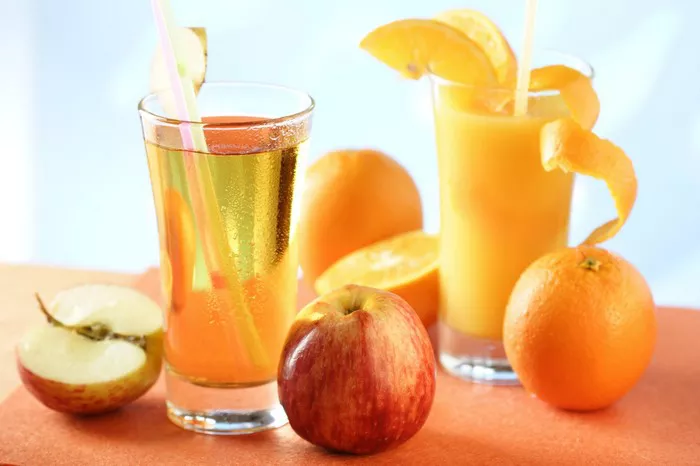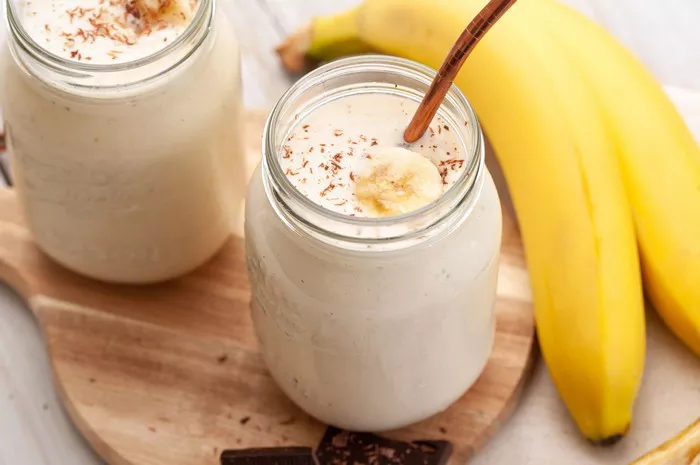For individuals living with diabetes, the relationship with food is complex and crucial. Dietary choices have a direct impact on blood sugar levels, making it essential to carefully consider the types of foods and beverages consumed. When it comes to juices, particularly apple juice, questions often arise about their suitability for diabetics. This article aims to explore the intricacies of sugar-free apple juice and its potential benefits and drawbacks for those managing diabetes.
The Diabetic Dilemma: Sugar and Blood Sugar
Diabetes, a chronic condition characterized by elevated blood sugar levels, requires constant vigilance over one’s diet. Carbohydrates, including sugars, are a primary factor affecting blood sugar levels. People with diabetes need to monitor their carbohydrate intake and choose foods and beverages that have a limited impact on blood glucose levels.
Sugar-Free: What Does It Mean?
Sugar-free foods and beverages are marketed as alternatives to their sugar-containing counterparts. However, the term “sugar-free” doesn’t necessarily mean that a product is devoid of sweetness altogether. Instead, it signifies that the product contains little to no added sugars. Instead of traditional sugars, artificial sweeteners or sugar substitutes are often used to provide sweetness without the caloric and glycemic impact of natural sugars.
Apple Juice and Diabetes: The Challenge of Natural Sugars
Apple juice is a popular beverage enjoyed for its refreshing taste and nutritional benefits. However, the natural sugars found in apples, primarily fructose, contribute to the carbohydrate content of the juice. For individuals with diabetes, the challenge lies in managing their carbohydrate intake to avoid sudden spikes in blood sugar levels.
The Benefits of Sugar-Free Apple Juice for Diabetics
Lower Carbohydrate Content:
Sugar-free apple juice typically contains fewer carbohydrates compared to regular apple juice. By reducing the carbohydrate load, sugar-free options may have a smaller impact on blood sugar levels, making them a more suitable choice for diabetics.
Reduced Glycemic Impact:
The glycemic index (GI) measures how quickly a carbohydrate-containing food raises blood sugar levels. Lower-GI foods are generally preferable for diabetics, as they cause slower and more gradual increases in blood glucose. Sugar-free apple juice, with its lower carbohydrate content, may have a lower GI compared to regular apple juice.
Caloric Control:
Diabetes management often involves weight control and maintaining a healthy body weight. Sugar-free apple juice, which is typically lower in calories due to the absence of added sugars, can be a useful tool in calorie management for those looking to manage their weight.
Potential Drawbacks and Considerations
Artificial Sweeteners:
Many sugar-free apple juices rely on artificial sweeteners to provide sweetness without the calories. While these sweeteners are deemed safe for consumption by regulatory agencies, some individuals may have concerns about their long-term effects. Additionally, the taste of artificial sweeteners may differ from natural sugars, which could affect the overall taste of the juice.
Nutrient Content:
Choosing sugar-free apple juice doesn’t eliminate the fact that it is still a processed beverage. In the process of removing sugars, some nutrients may also be lost. Whole apples provide fiber, vitamins, minerals, and antioxidants, which may not be as abundant in juice, even if it’s sugar-free.
Natural Sugars Remain:
Despite being labeled as “sugar-free,” apple juice still contains natural sugars from the fruit itself. These natural sugars can still impact blood sugar levels, although potentially to a lesser extent than added sugars.
Individual Responses Vary:
Each individual’s response to foods and beverages can vary. Factors such as insulin sensitivity, metabolism, and overall dietary choices play a role in how the body reacts to different foods. Monitoring blood sugar levels after consuming sugar-free apple juice can help determine how it personally affects an individual.
Portion Control:
Even if a beverage is sugar-free, portion control is crucial for diabetes management. Drinking too much sugar-free apple juice can still lead to an excessive carbohydrate intake, which can impact blood sugar levels.
Consultation with Healthcare Professionals
When making dietary choices, especially for managing a condition like diabetes, it’s essential to consult with healthcare professionals, including doctors and registered dietitians. They can provide personalized guidance based on an individual’s specific health needs, preferences, and goals.
Conclusion:
The question of whether sugar-free apple juice is good for diabetics isn’t a simple one. While sugar-free options may offer certain benefits, such as reduced carbohydrate content and a potentially lower glycemic impact, they still contain natural sugars and may rely on artificial sweeteners. Moderation, portion control, and individual responses should all be considered when incorporating sugar-free apple juice into a diabetic diet. The key is to strike a balance between satisfying taste preferences and supporting overall health. A well-rounded approach that includes a variety of nutrient-dense foods and mindful carbohydrate choices can empower individuals with diabetes to make informed decisions that positively impact their well-being.





















